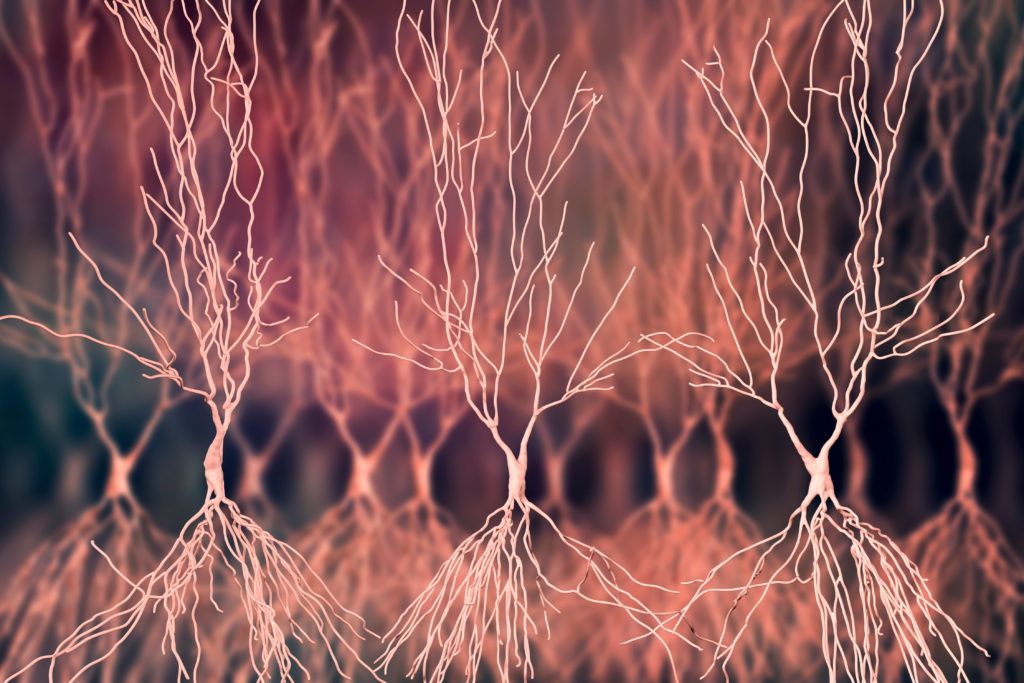
The results of a study published today in the Proceedings of the National Academy of Sciences (PNAS) suggest that activation of the serotonin 5-HT2A receptor (5-HT2AR) may not be the main component in the mechanism of the antidepressant effects of psilocybin.1 More specifically, the authors propose that altered perceptions (i.e., a psychedelic experience) may not go hand in hand with psilocybin’s antidepressant effects.
How psilocybin exerts its therapeutic actions is not known, but it is widely presumed that these actions require altered consciousness, which is known to be dependent on serotonin 2A receptor (5-HT2AR) activation. This hypothesis has never been tested, however.
Psychedelic Science Review recently published an article summarizing a study by Dr. David Olson, suggesting that the therapeutic effects of psilocybin may occur separately from its subjective effects.2
In the PNAS study, a research team led by Dr. Natalie Hesselgrave of the Department of Physiology at the University of Maryland School of Medicine pre-treated mice with the 5-HT2AR blocker (antagonist) compound ketanserin. Using electrophysiology and behavioral tests, including the head twitch response (HTR), the data showed that the mice experienced antidepressant effects from psilocybin even when their 5-HT2ARs were blocked by ketanserin.
Mice with little or no evidence of psilocybin-induced head twitches, indicative of a lack of 5-HT2AR activation, still exhibited a robust psilocybin-induced antianhedonic effect.
In addition, there was another important finding from the study.
We also showed that psilocybin strengthens connections between brain cells in regions important for processing rewards and emotions.
The authors cautioned that the study was conducted using mice, so the final word on whether these results would apply to humans remains to be determined. They also acknowledged the need for additional studies examining the effects over time. “We cannot exclude that 5-HT2AR activation is required for some antidepressant activity at postpsilocybin time points longer than the 24 to 48 h we examined here.”
In addition, Dr. Hesselgrave and her team point to a 2013 study indicating that the serotonin 5-HT1BR may contribute to the antidepressant effects of selective serotonin reuptake inhibitors (SSRIs).3 From this, they hypothesize that “ It is possible that psilocin and novel ibogaine analogs, which both have a high affinity for 5-HT1BRs, exert their beneficial actions through activation of 5-HT1BRs.”
The authors concluded by suggesting how ketanserin could be used in conjunction with psilocybin.
“If 5-HT2AR activation is not necessary, then the combination of psilocybin and a 5-HT2AR antagonist safe for human use, such as ketanserin, offers a potential means to eliminate, attenuate, or shorten the duration of psilocybin-induced alterations of perception while retaining its therapeutic benefits.”

Such a depressing study. We love our “alterations of perception” 😉
Indeed